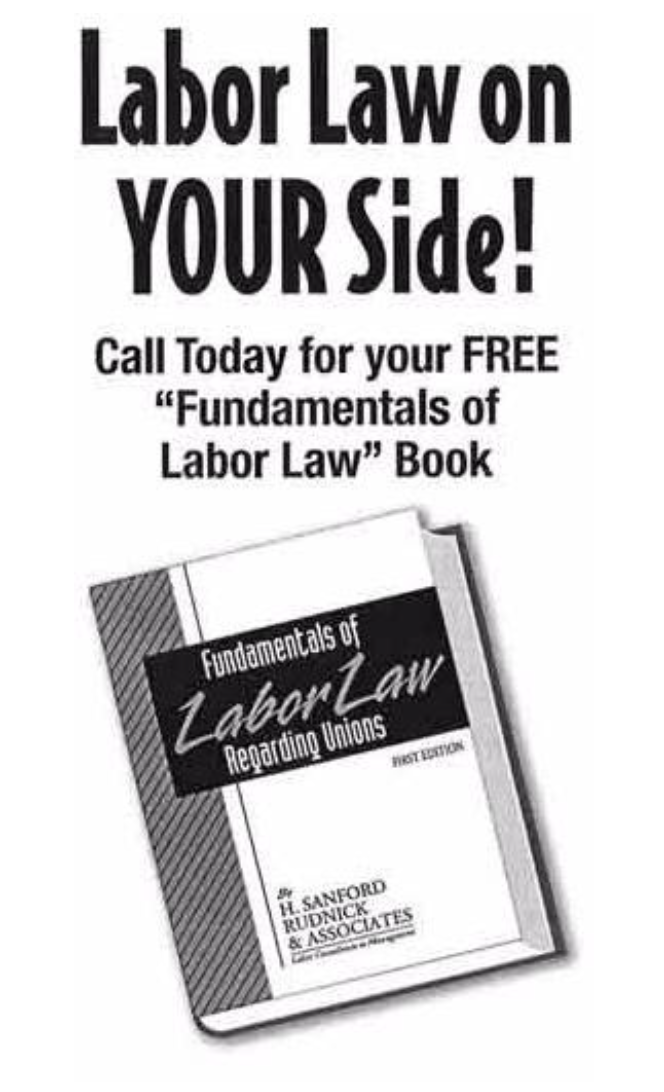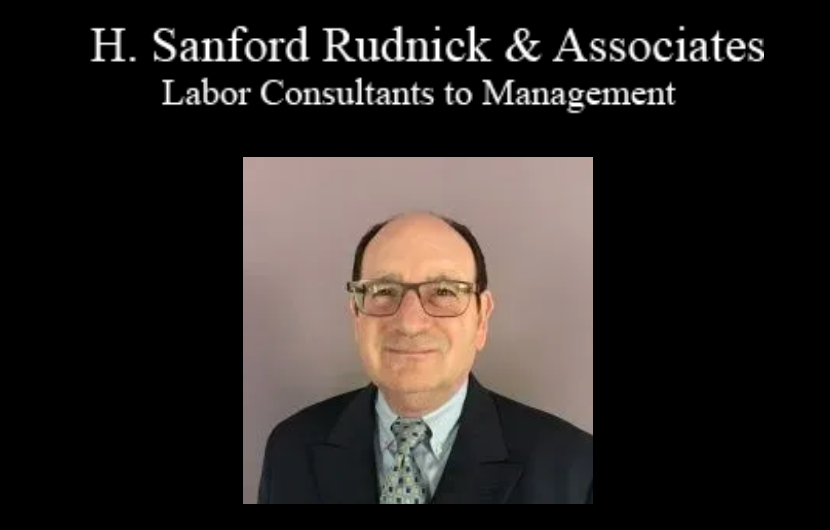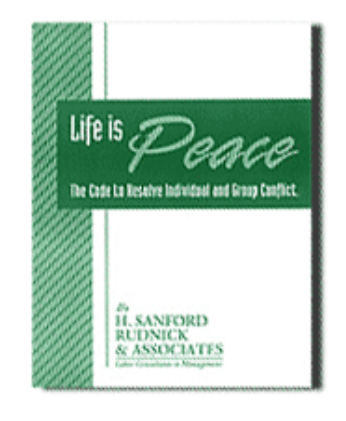An Explanation of the Right to Strike by a Union
1 Section 7 of the National Labor Relation Act states in part, “Employees shall have the right. . . to engage in other concerted activities for the purpose of collective bargaining or other mutual aid or protection.” Strikes are included among the concerted activities protected for employees by this section. Section 13 also concerns the right to strike. It reads as follows:
2 Lawful and unlawful strikes. The lawfulness of a strike may depend on the object, or purpose, of the strike, on its timing, or on the conduct of the strikers. The object, or objects, of a strike and whether the objects are lawful are matters that are not always easy to determine. Such issues often have to be decided by the National Labor Relations Board. The consequences can be severe to striking employees and struck employers, involving as they do questions of reinstatement and backpay.
3 Strikes for a lawful object.Employees who strike for a lawful object fall into two classes “economic strikers” and “unfair labor practice strikers.” Both classes continue as employees, but unfair labor practice strikers have greater rights of reinstatement to their jobs.
4 Economic strikers defined. If the object of a strike is to obtain from the employer some economic concession such as higher wages, shorter hours, or better working conditions, the striking employees are called economic strikers. They retain their status as employees and cannot be discharged, but they can be replaced by their employer. If the employer has hired bona fide permanent replacements who are filling the jobs of the economic strikers when the strikers apply unconditionally to go back to work, the strikers are not entitled to reinstatement at that time. However, if the strikers do not obtain regular and substantially equivalent employment, they are entitled to be recalled to jobs for which they are qualified when openings in such jobs occur if they, or their bargaining representative, have made an unconditional request for their reinstatement.
5 Unfair labor practice strikers defined.Employees who strike to protest an unfair labor practice committed by their employer are called unfair labor practice strikers. Such strikers can be neither discharged nor permanently replaced. When the strike ends, unfair labor practice strikers, absent serious misconduct on their part, are entitled to have their jobs back even if employees hired to do their work have to be discharged.
6 If the Board finds that economic strikers or unfair labor practice strikers who have made an unconditional request for reinstatement have been unlawfully denied reinstatement by their employer, the Board may award such strikers backpay starting at the time they should have been reinstated.
7 Strikes unlawful because of purpose
Section 8(b)(4) of the Act prohibits strikes for certain objects even though the objects are not necessarily unlawful if achieved by other means. An example of this would be a strike to compel Employer A to cease doing business with Employer B. It is not unlawful for Employer A voluntarily to stop doing business with Employer B, nor is it unlawful for a union merely to request that it do so. It is, however, unlawful for the union to strike with an object of forcing the employer to do so. These points will be covered in more detail in the explanation of Section 8(b)(4). In any event, employees who participate in an unlawful strike may be discharged and are not entitled to reinstatement.
8 Strikes unlawful because of timing—Effect of no-strike contract. A strike that violates a no-strike provision of a contract is not protected by the Act, and the striking employees can be discharged or otherwise disciplined, unless the strike is called to protest certain kinds of unfair labor practices committed by the employer. It should be noted that not all refusals to work are considered strikes and thus violations of no-strike provisions. A walkout because of conditions abnormally dangerous to health, such as a defective ventilation system in a spray-painting shop, has been held not to violate a no-strike provision.
9 Strikes at end of contract period.Section 8(d) provides that when either party desires to terminate or change an existing contract, it must comply with certain conditions. If these requirements are not met, a strike to terminate or change a contract is unlawful and participating strikers lose their status as employees of the employer engaged in the labor dispute. If the strike was caused by the unfair labor practice of the employer, however, the strikers are classified as unfair labor practice strikers and their status is not affected by failure to follow the required procedure.
10 Strikes unlawful because of misconduct of strikers. Strikers who engage in serious misconduct in the course of a strike may be refused reinstatement to their former jobs. This applies to both economic strikers and unfair labor practice strikers. Serious misconduct has been held to include, among other things, violence and threats of violence. The U.S. Supreme Court has ruled that a “sitdown” strike, when employees simply stay in the plant and refuse to work, thus depriving the owner of property, is not protected by the law. Examples of serious misconduct that could cause the employees involved to lose their right to reinstatement are:
- Strikers physically blocking persons from entering or leaving a struck plant.
- Strikers threatening violence against nonstriking employees.
- Strikers attacking management representatives.
11 Section 8(g)—Striking or Picketing a Health Care Institution Without Notice. Section 8(g) prohibits a labor organization from engaging in a strike, picketing, or other concerted refusal to work at any health care institution without first giving at least 10 days’ notice in writing to the institution and the Federal Mediation and Conciliation Service.
Fundamentals of Labor Law
Sanford Rudnick has written a book called Fundamentals of Labor Law which helps Employers practice at the NLRB. He has used this book for over 40 years.
Sanford Rudnick has gotten this book into many law schools around the country such as Harvard and USC Law School.
Also, Sanford Rudnick has gotten other books on Resolution of Conflict into the Library of Congress and many other libraries around the world.
The major problem in any election or an unfair labor practice charge, is how to resolve conflict between management and your employees. In fact, according to the NLRB there is an 16% increase in unfair labor practices charges being filed by employees or unions in 2023.
Sanford Rudnick uses these principles in these books to win elections and to resolve charge at the NLRB. Call H. Sanford
Rudnick & Associates to purchase these books at
1-800-326-3046.

IF YOU NEED ASSISTANCE IN CONDUCTING AN ELECTION MEETING, PLEASE CALL:
H. Sanford Rudnick JD: 1 800-326-3046

H. Sanford Rudnick & Associates is a full-service Labor Relations firm with 40 years of experience in negotiating union contracts, NLRB matters and all human resource matters. In fact, Mr. Rudnick has written a book called "Fundamentals of Labor Law Regarding Unions" which includes a summary on the National Labor Relations Board and Unions which is at Harvard Law School Library and other law schools around the country. Call to purchase your copy at for $29.95 800.326.3046.
We step in when your business demands your attention or when the unions or the laws or rules of the any of the following threaten the success or profitability of your business.
National Labor Relations Board (NLRB)
Equal Employment Opportunity Commission (EEOC)
Employee Motivation
Wage and Hour Surveys
Union elections
Collective bargaining
negotiations
Decertifications
The need for union avoidance
Always Here to Help!
If my firm, H. Sanford Rudnick & Associates, can be of assistance to you concerning an election,
an unfair labor practice, negotiations, your unfunded pension liability
or any other human resource matter, please contact me immediately to schedule a free telephone consultation.
Respectfully,
H. Sanford Rudnick, J.D.
Labor Consultant
800.326.3046
GET IN TOUCH!
H. Sanford Rudnick and Associates
300 South 4th Street, 6th Floor,
Las Vegas, NV 89101
1717 K St. NW S900J
Washington DC 20006
745 5th Ave. 8500
NY, NY 10151
1990 No. California Blvd. S830,
Walnut Creek, Ca 94596
Direct Line - 925-256-0660
Cell Phone - 925-352-7900
Sandy Rudnick


